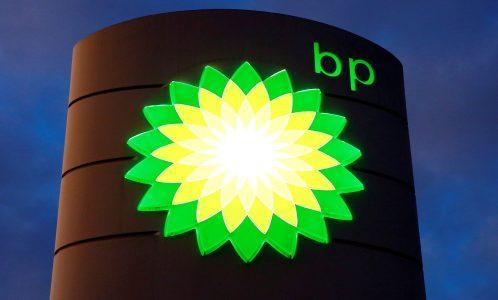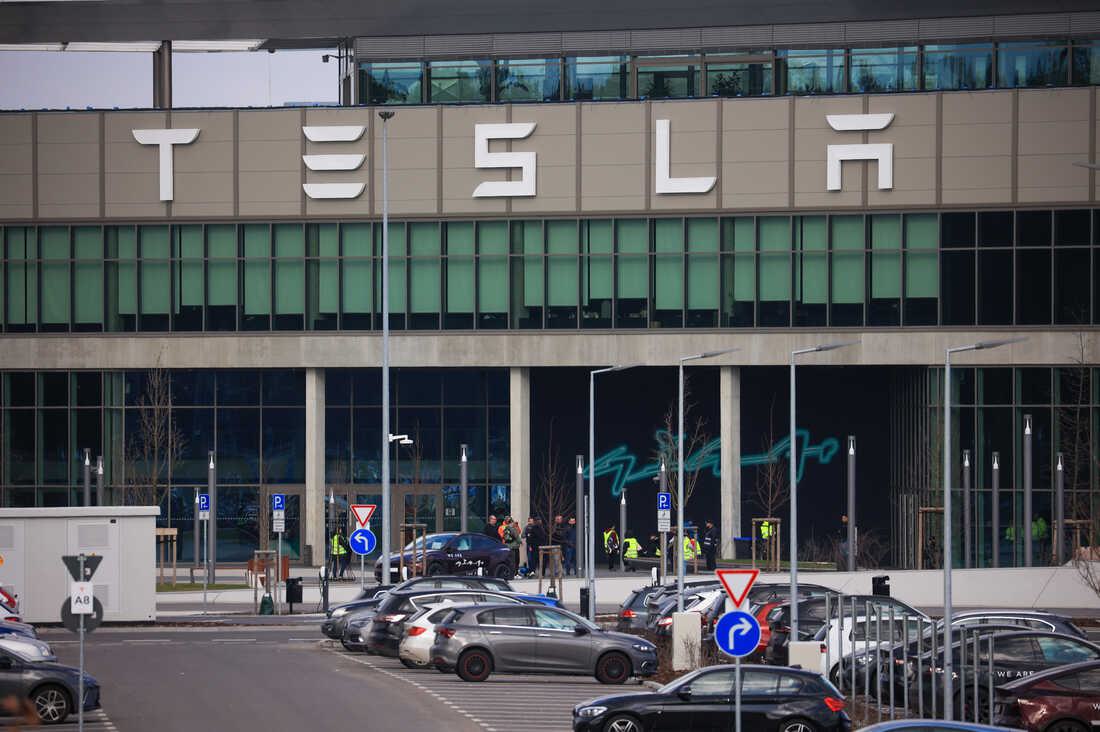BP annual profits soar...but climate goal missed - Dispatch Weekly
February 7, 2023 - Reading time: 3 minutes

While reporting record yearly profits, BP has admitted it will miss a significant climate goal.
According to the London-based company, underlying replacement cost profit for 2022 came in at $27.7 billion (£23 billion).
Despite the fourth quarter’s performance being negatively impacted by lower oil and gas prices, that is more than twice the corresponding figure from the previous year.
The earnings data heated up the discussion on whether large oil and gas companies should be paying more in windfall taxes in light of the problem in the cost of living brought on by energy.
It occurs only a few days after Shell announced £32.2 billion in profits.
Due to a shortage of demand caused by the COVID pandemic, both businesses faced significant losses in 2020.
But since then, the price of oil and gas has recovered, helped in part by Russia’s conflict in Ukraine, which has reduced supplies, notably in Europe. As a result, various governments, including the UK, have decided to impose windfall taxes on the industry.
While significantly lower than their peaks, natural gas prices are still high when compared to levels prior to the epidemic.
Along with the statistics, BP acknowledged that it now anticipates a 20-30% reduction in carbon emissions from its oil and gas production by 2030 compared to 2019 levels.
A reduction in emissions of 35–40% had been the previous goal.
It attributed the change to projected greater output levels to satisfy global requirements. Climate campaigners, such as Greenpeace, who urged for government involvement, criticised the change.
While defending the company’s performance, chief executive Bernard Looney disclosed £6.6 billion in further investments in energy transition projects and an extra £6.6 billion for oil and gas to meet demand for energy security.
Critics at home, such as labour unions, environmental organisations, and Labour, want more tax refunds.
They contend that because wholesale prices have led to decades-high inflation and burdened consumers and businesses with record-high costs on numerous fronts, the profits of energy companies have been gained at the expense of larger society.
The energy profits levy on UK extraction activities was increased to 35% from 25% in Chancellor Jeremy Hunt’s fall statement last November as the government tried to recoup more money from its ongoing support of energy bills.
Due to the existing 40% corporation tax charge, it kept the effective tax rate at 75%, even though the levy provides some investment relief.
Despite that setback, energy company payouts have kept rising thanks to wider, larger earnings. The 10% increase in BP’s reward helped its stock price increase by 4%.
The fact that the great majority of funds are required to own top-tier companies is all good news for pension values.
Share buy-backs have provided additional benefits to shareholders. After purchasing $11.7 billion in shares in 2022, BP announced it would buy back $2.75 billion in shares over the next three months.
Shell stated last week that it anticipated paying roughly £100 million for its UK offshore businesses in accordance with the levy’s provisions last year, bringing its overall windfall tax cost to close to $2 billion.
A figure of £10.8 billion was contributed to global taxes by it.

DW Staff
David Lintott is the Editor-in-Chief, leading our team of talented freelance journalists. He specializes in covering culture, sport, and society. Originally from the decaying seaside town of Eastbourne, he attributes his insightful world-weariness to his roots in this unique setting.




